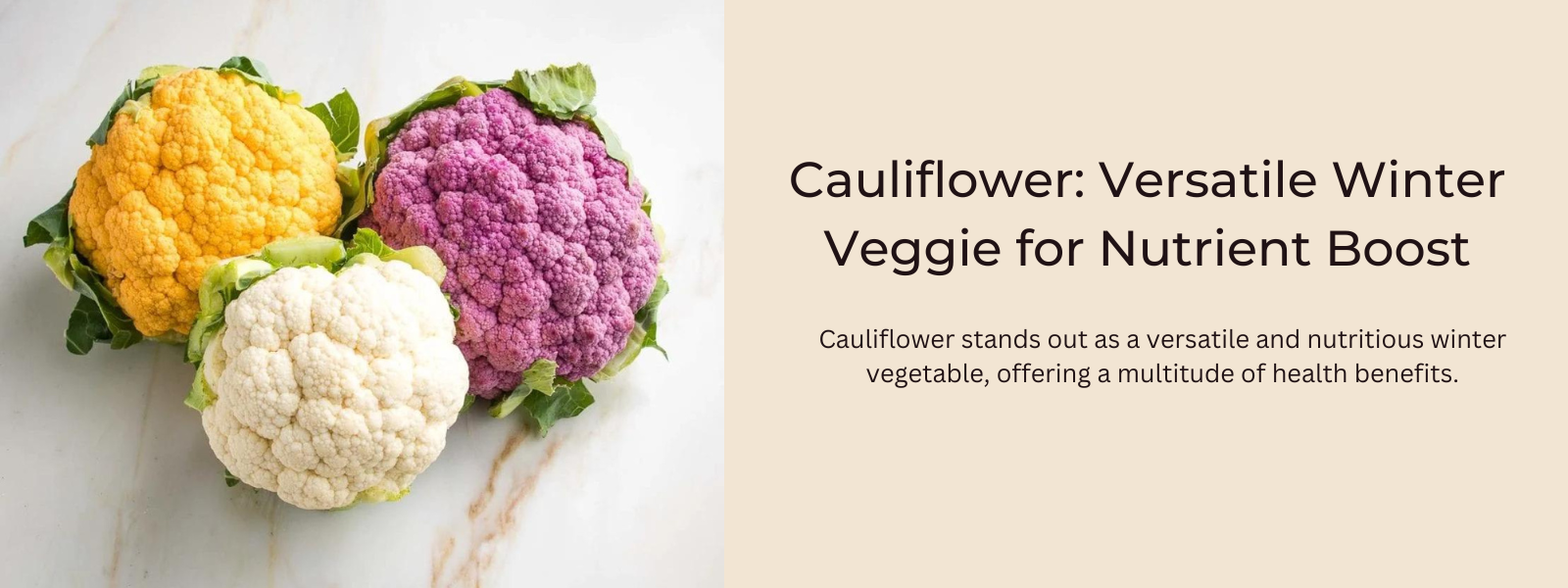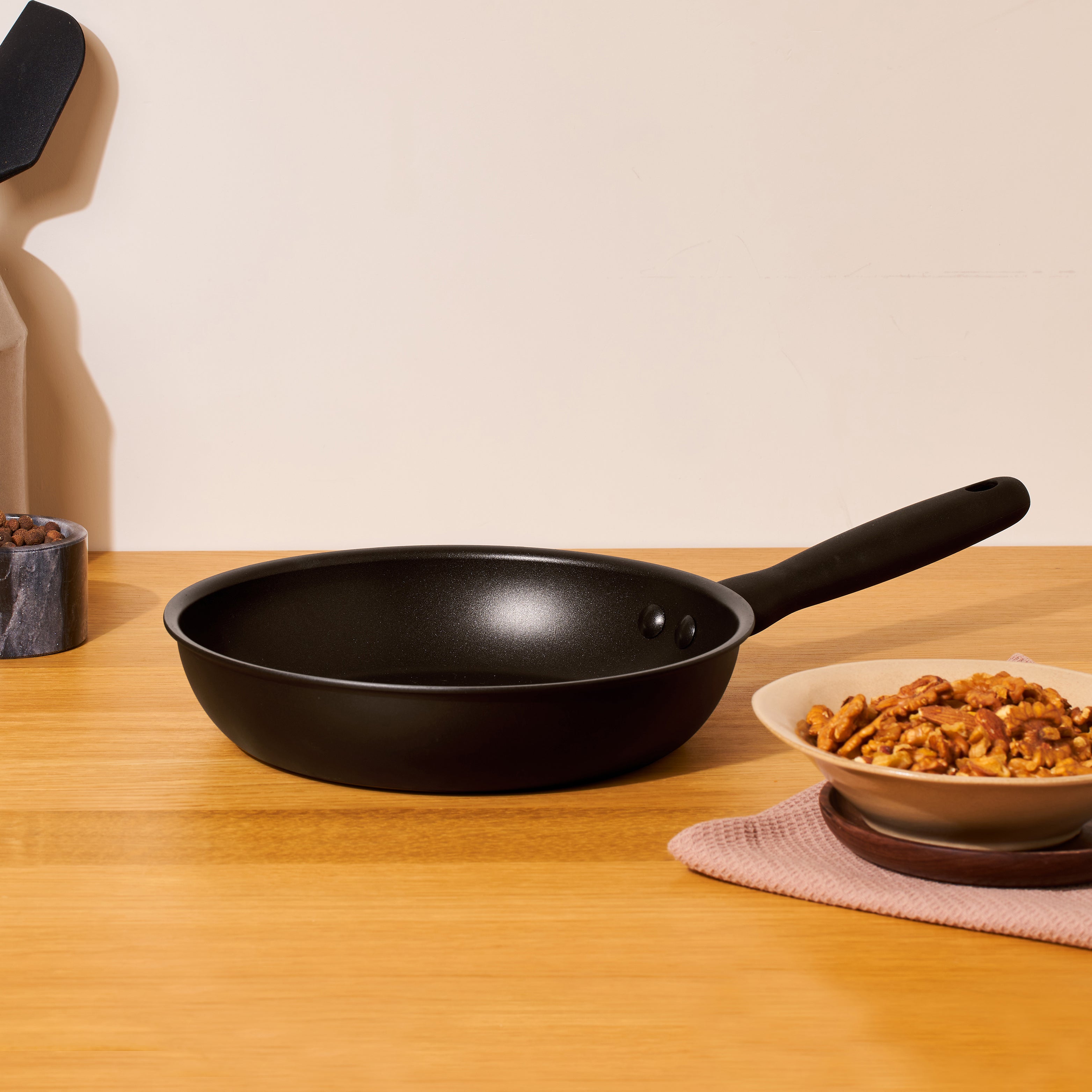Carrots emerge as a winter snack superhero, rich in beta-carotene, the antioxidant responsible for their vibrant hue. As an excellent source of this precursor to vitamin A, carrots promote optimal eye health, bolster the immune system, and enhance skin resilience, particularly vital during the colder months. Their hydrating properties, coupled with dietary fiber, aid in digestion and hydration, essential facets of winter wellness. Whether enjoyed raw as a crunchy snack or incorporated into various culinary delights like salads, soups, or roasted dishes, carrots shine as a versatile and nutritious snack, delivering a powerful punch of nutrients to support overall health during the chilly season.
Table of Contents
Carrots And Their Key Features:
Carrots are considered a rich source of beta-carotene, particularly during winter, due to several reasons:
- Availability and Freshness: Carrots are commonly available and remain fresh during the winter months, making them a readily accessible source of beta-carotene-rich snacks.
- Cold Weather Crop: Carrots are often harvested in the fall, making them a popular and fresh vegetable option throughout the winter season, ensuring their nutritional value remains intact.
- Winter Wellness: The high content of beta-carotene in carrots is beneficial during winter as it supports immune health, boosts skin resilience against harsh weather conditions, and contributes to maintaining eye health in the season with shorter daylight hours.
- Storage: Carrots have a longer shelf life and can be stored well in cold storage or refrigerators, maintaining their nutritional value, making them a convenient and healthy snack choice during winter.
- Versatility: Carrots can be consumed raw, cooked, or juiced, providing various options to include them in the diet and retain their beta-carotene content, catering to different taste preferences and culinary choices.
- Nutritional Density: Alongside beta-carotene, carrots offer additional essential nutrients like vitamin C, fiber, potassium, and antioxidants, contributing to overall health and well-being during the winter season.
Is Carrot Rich In Beta Carotene?
Yes, carrots are indeed rich in beta-carotene. Beta-carotene is a pigment responsible for the bright orange color of carrots. It serves as a precursor to vitamin A in the body. When we consume foods like carrots containing beta-carotene, our bodies convert it into vitamin A, which is crucial for various functions, including eye health, immune function, and skin health.
Right Ways To Have Carrots:
Here are some tips on the right ways to have carrots:
- Raw: Enjoy carrots in their natural state by eating them raw as a snack. Wash, peel (if desired), and cut them into sticks or slices for a crunchy and refreshing snack.
- Cooked: Incorporate carrots into cooked dishes by roasting, steaming, boiling, or sautéing them. These methods help soften the carrots while retaining their nutritional value.
- Pairing with Dips: Carrots pair well with a variety of dips, such as hummus, Greek yogurt-based dips, guacamole, or salsa, adding flavor and texture to the snack.
- Blended in Smoothies: Add raw carrots to smoothies for an extra boost of nutrients. Combine them with fruits, leafy greens, and liquid bases like water, coconut water, or almond milk for a nutritious beverage.
- In Salads: Shred or slice carrots and include them in salads for added crunch and color. Carrots work well in mixed green salads, grain salads, or as a part of coleslaw.
- Juicing: Carrots can be juiced to create a nutrient-rich beverage. Pair them with other fruits and vegetables for a tasty and healthful juice.
- In Baked Goods: Use grated carrots in baking recipes such as muffins, bread, cakes, or cookies for added moisture, sweetness, and nutritional value.
- As a Garnish: Finely chopped or shredded carrots can be used as a colorful and nutritious garnish on soups, stews, or main dishes.
- Blanching: Briefly blanching carrots helps retain their color, flavor, and nutrients. This method works well when preparing carrots for salads or as a side dish.
- Combining with Other Vegetables: Mix carrots with other vegetables in stir-fries, casseroles, or roasted vegetable medleys for a flavorful and nutritious dish.
Easy Carrot Snack Ideas:
Carrots can be used in various snack recipes, offering both flavor and nutrition.
Here are some simple and delicious carrot snack ideas:
- Carrot Sticks with Hummus: Slice carrots into sticks and serve them with homemade or store-bought hummus for a nutritious and satisfying snack.
- Roasted Carrot Fries: Cut carrots into fry-shaped pieces, toss them in olive oil, sprinkle with salt, pepper, and your choice of herbs (like thyme or rosemary), then roast in the oven until tender and slightly crispy.
- Carrot Chips: Thinly slice carrots using a mandoline slicer or a sharp knife, toss the slices with a bit of olive oil and your favorite seasoning (such as paprika or garlic powder), then bake them in the oven until crispy for a healthy alternative to potato chips.
- Carrot and Cucumber Salad: Make a refreshing salad by combining shredded carrots, thinly sliced cucumber, chopped cilantro or parsley, a squeeze of lemon juice, a drizzle of olive oil, and a pinch of salt for a light and crunchy snack.
- Carrot and Raisin Snack Mix: Mix chopped carrots with raisins, a handful of nuts (like almonds or walnuts), and a sprinkle of cinnamon for a sweet and crunchy snack.
- Carrot and Greek Yogurt Dip: Blend cooked and mashed carrots with Greek yogurt, garlic, lemon juice, and a touch of cumin to create a healthy and flavorful dip for veggies or whole-grain crackers.
- Carrot Muffins or Bread: Incorporate grated carrots into muffin or bread batter along with whole wheat flour, nuts, and a hint of honey or maple syrup for a wholesome and satisfying snack option.











Leave a comment